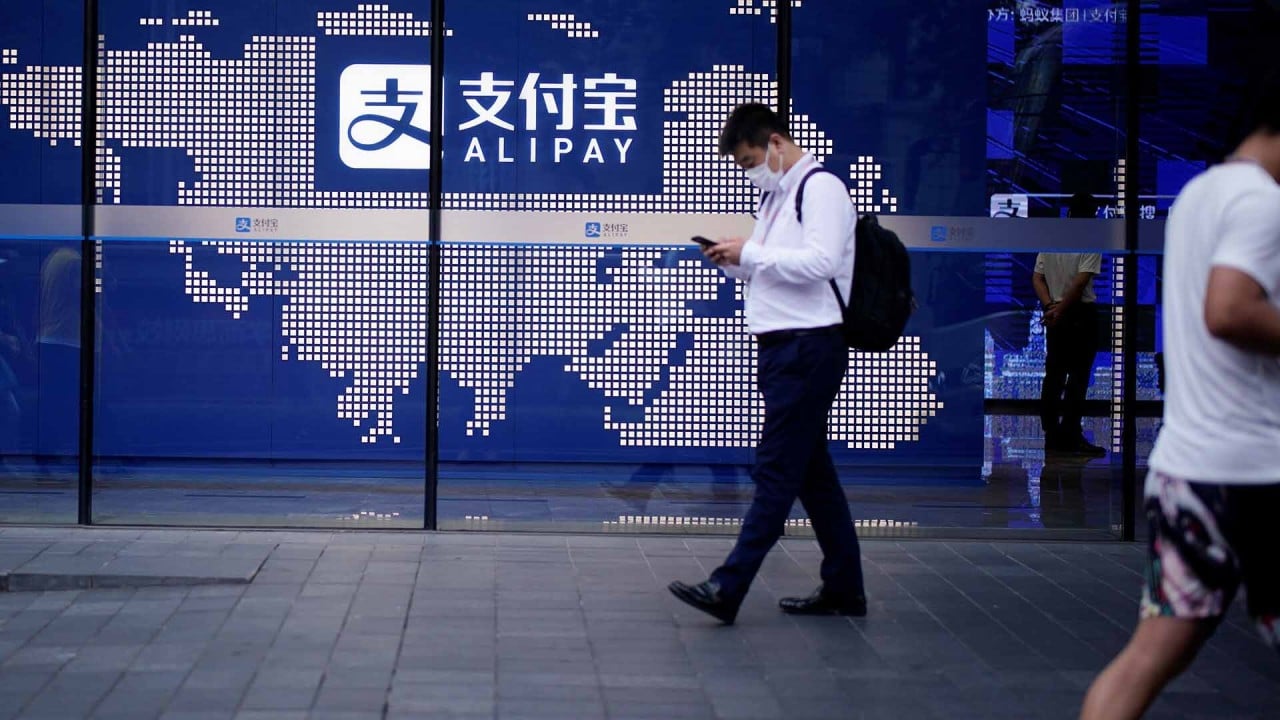
ByteDance overtakes Ant Group as the world’s most valuable unicorn, Hurun rankings show
- ByteDance has a valuation of US$350 billion compared with Ant Group’s US$150 billion
- Of the 1,058 unicorns globally, China had 301 start-ups versus 487 in the US
Ant Group, an affiliate of Alibaba Group Holding and operator of online payment platform Alipay, was valued at US$150 billion. Analysts behind Ant’s US$39.5 billion initial public offering that was withdrawn at the last minute in November last year had pegged its then near-term valuation between US$350 billion and US$450 billion. Alibaba also owns this newspaper.
“2021 is officially the most successful year for start-ups ever,” said Rupert Hoogewerf, chairman and chief researcher of privately held Hurun Report. “The countries with the most unicorns give a picture of which countries have the world’s best start-up ecosystems.”
The top 10 largest global unicorns made up 25 per cent of the overall value of the world’s unicorns of US$3.7 trillion, according to the report. Four of them were from the US, three from China, while Australia, UK and Sweden had one each.
While the US and China dominate the global unicorn scene with a share of 74 per cent, the rest of the world grew their share to 26 per cent this year compared with only 17 per cent two years ago, according to the Hurun report. India and the United Kingdom ranked third and fourth in the global unicorn league, with 54 and 39 unicorns, respectively.

“Countries with more unicorns are seen as having more dynamic economies,” said Hoogewerf.
Among global cities fostering the most unicorns, San Francisco topped the list with 151 unicorns, overtaking Beijing’s 91. New York, Shanghai and Shenzhen rounded off the top five with 85, 71 and 32 unicorns, respectively.
While half of the world’s unicorns have their origins in fintech, SaaS (software as a service), e-commerce, artificial intelligence, health tech and cybersecurity, the metaverse – the latest sector that has caught the imagination of many companies – has yet to see a related unicorn, according to Hurun Research.
“A unique feature of China’s start-up ecosystem is the ability of big tech companies to spin off unicorns, with 49 of the world’s 50 ‘spun-off’ unicorns coming from China,” said Hoogewerf, citing the example of Ant Group’s spin-off from Alibaba in 2014.
“Curiously, the ‘World’s Big 4’ on the Hurun Global 500 most valuable companies, Microsoft, Apple, Amazon and Alphabet, are not as active as their China counterparts when it comes to investing into unicorns,” he added.
China has been on a months-long regulatory crackdown targeting the country’s internet giants. Since the record 18 billion yuan (US$2.7 billion) fine on Alibaba in April, Beijing has introduced a series of regulatory policies ranging from antitrust issues to data security.
The ongoing US-China tensions have also added hurdles to Chinese start-ups that prefer a US listing. Early this month, the US Securities and Exchange Commission announced that Chinese companies that list on US stock exchanges now must disclose whether they are owned or controlled by a government entity, and provide evidence of their auditing inspections, which could make some mainland start-ups less favourable to investors.
“The recent launch of the Beijing Stock Exchange, following on from the Star Market in Shanghai, shows China’s commitment to providing a platform for start-ups and an opportunity for retail investors to gain access to their growth,” said Hoogewerf.


